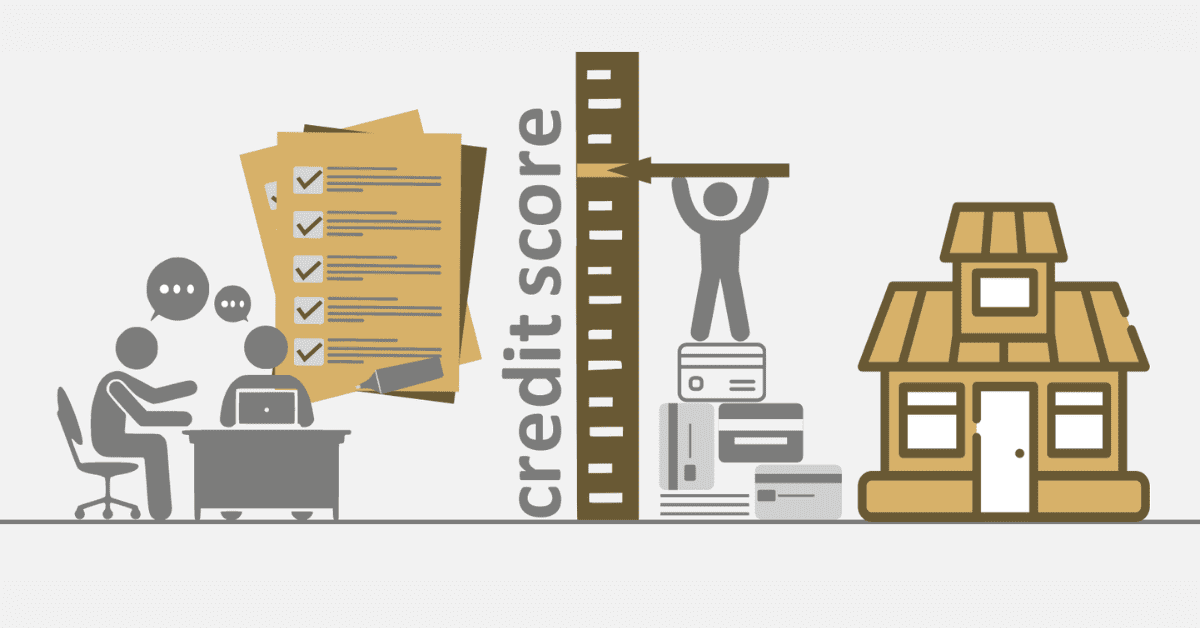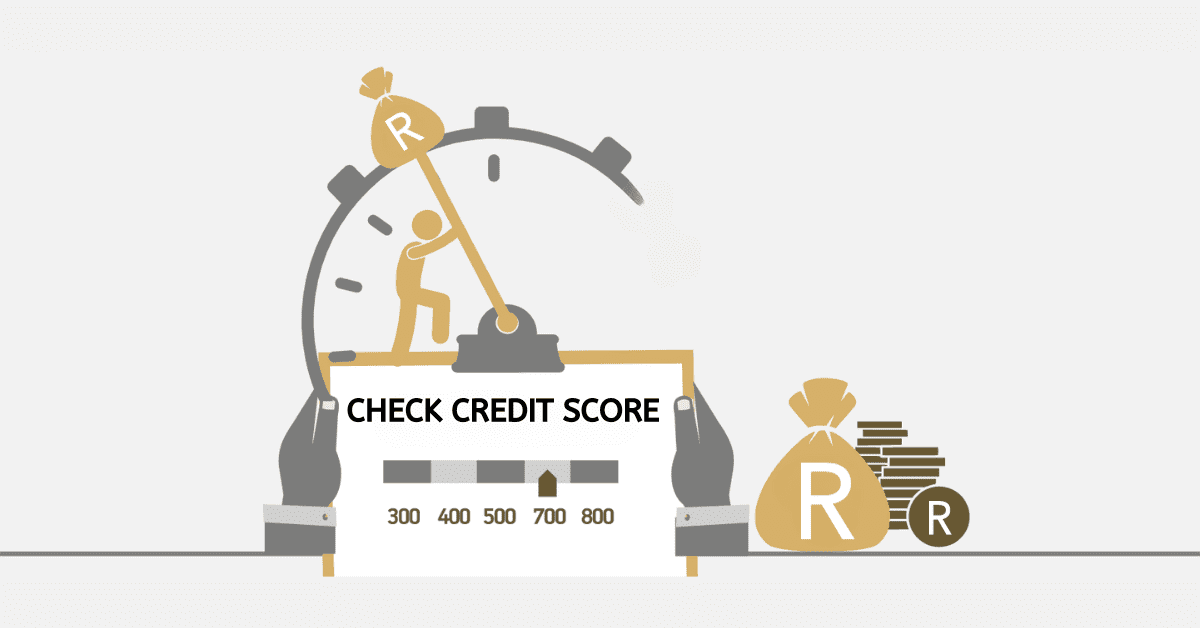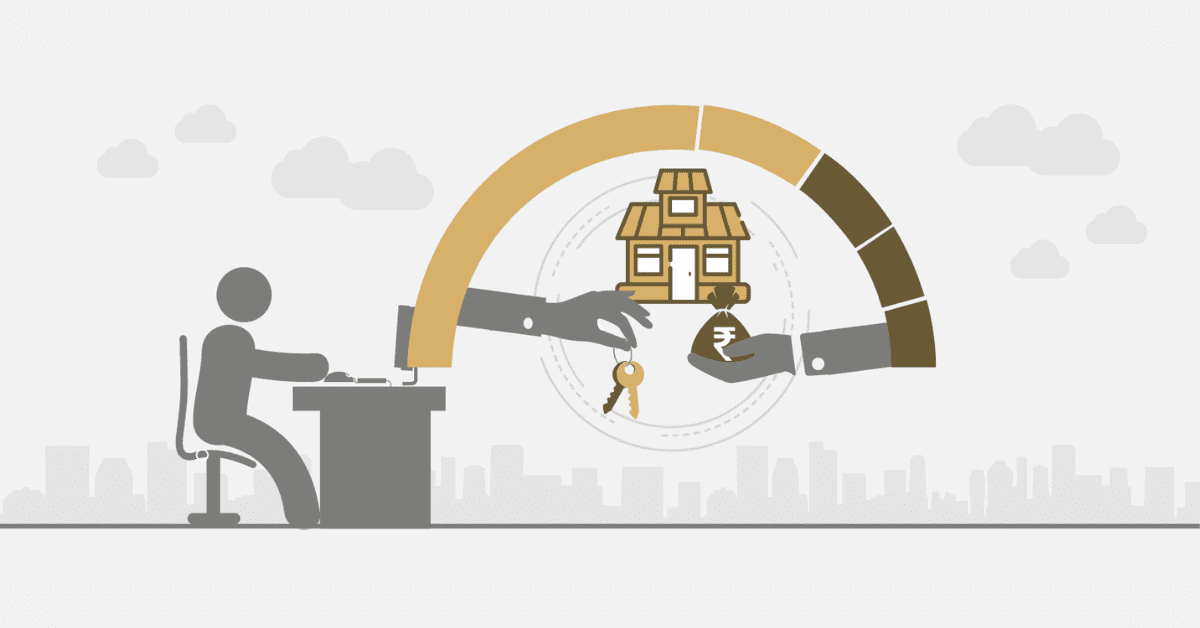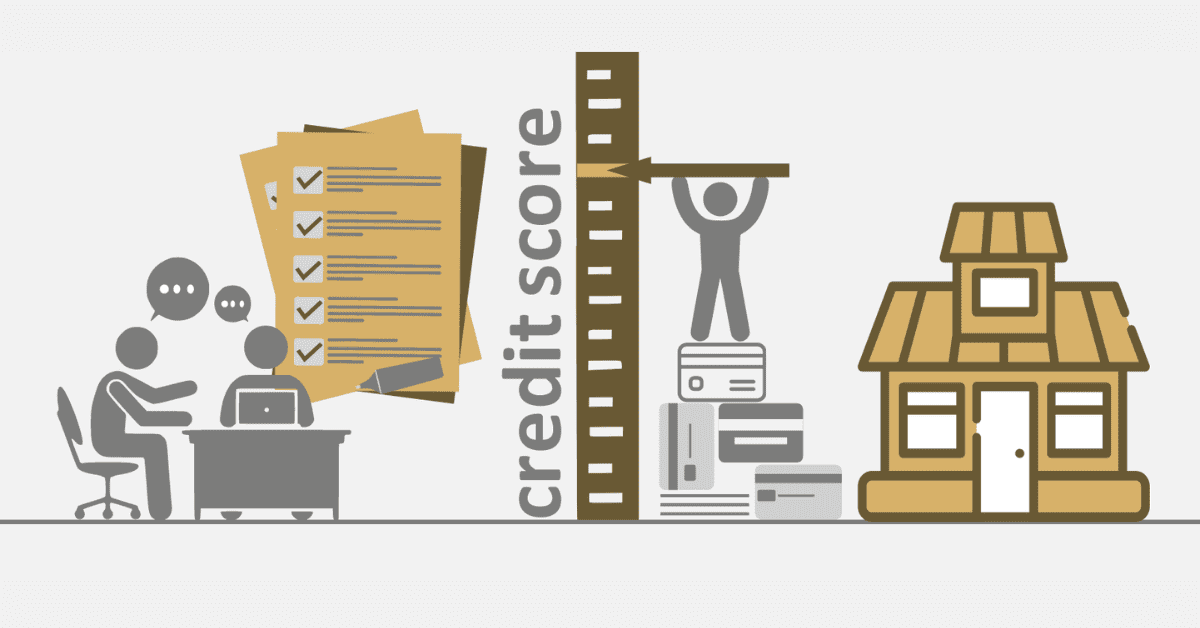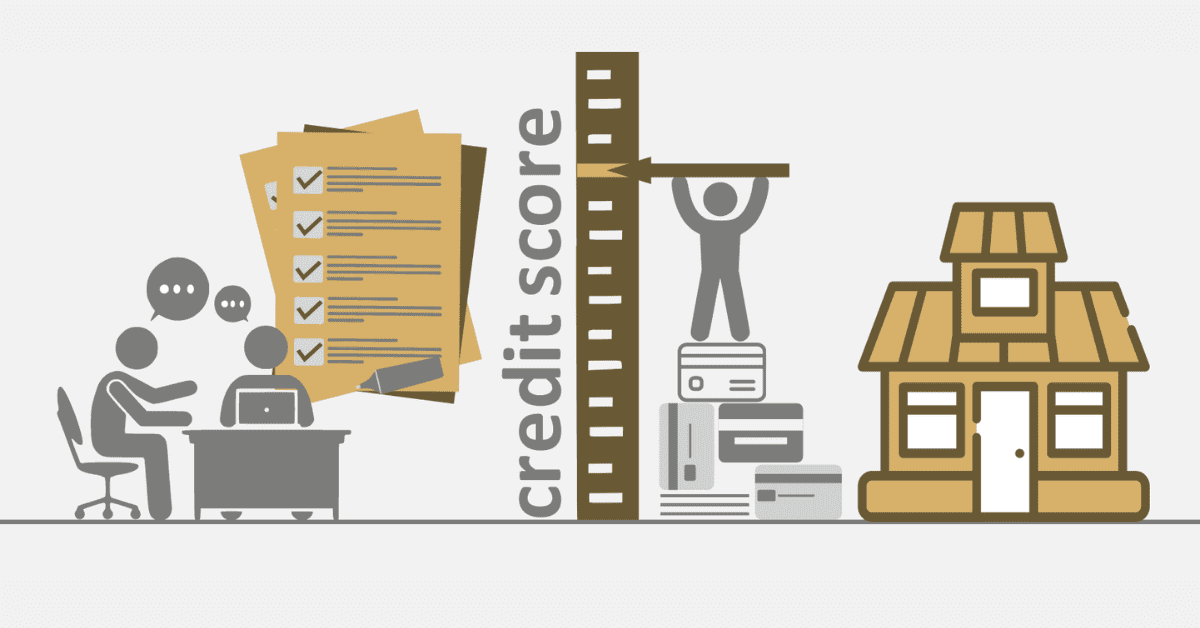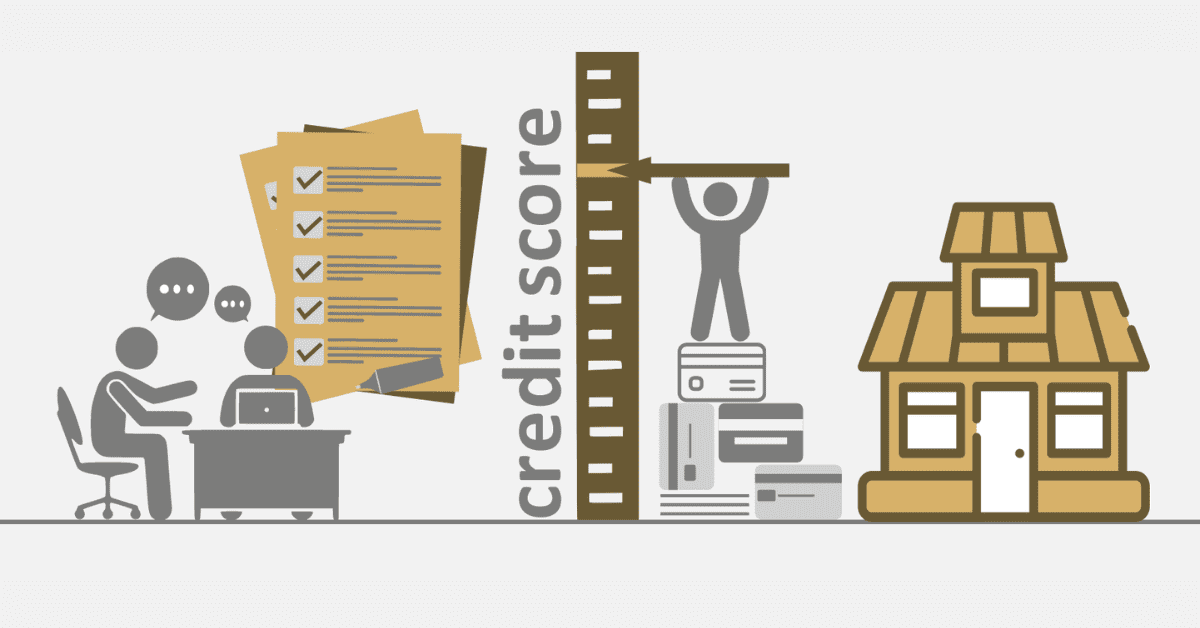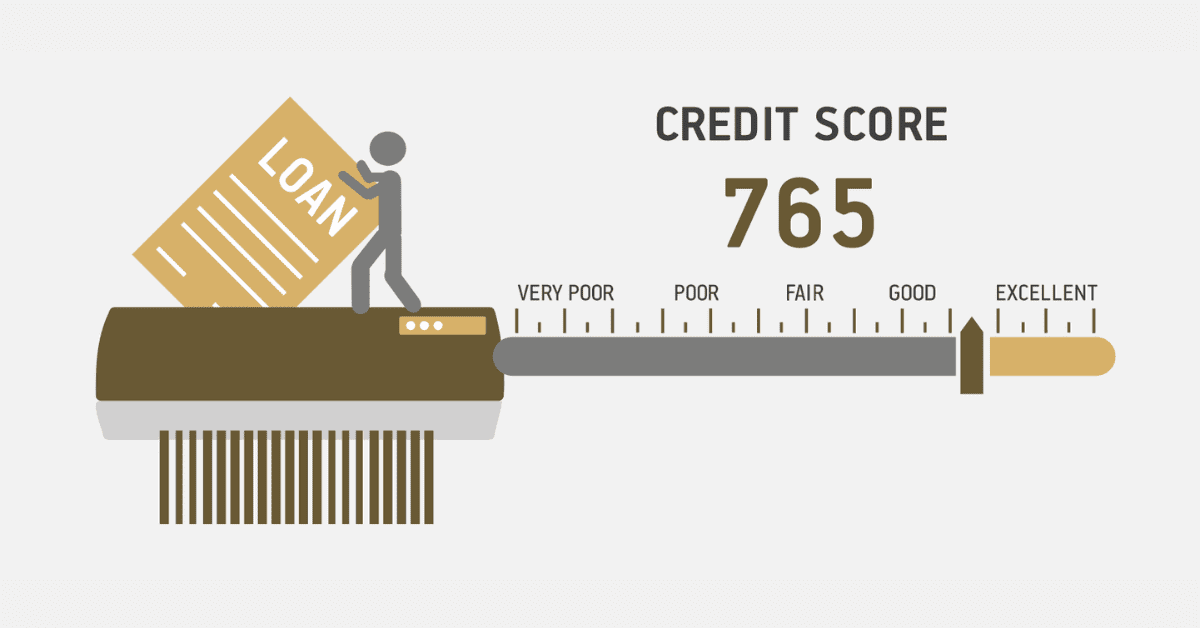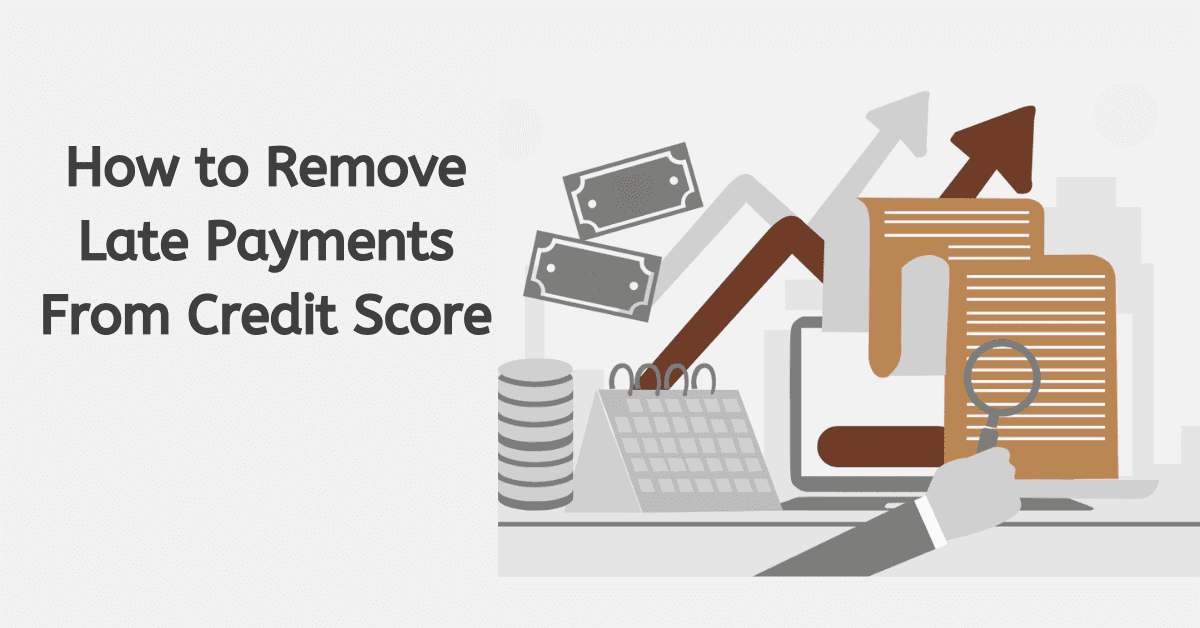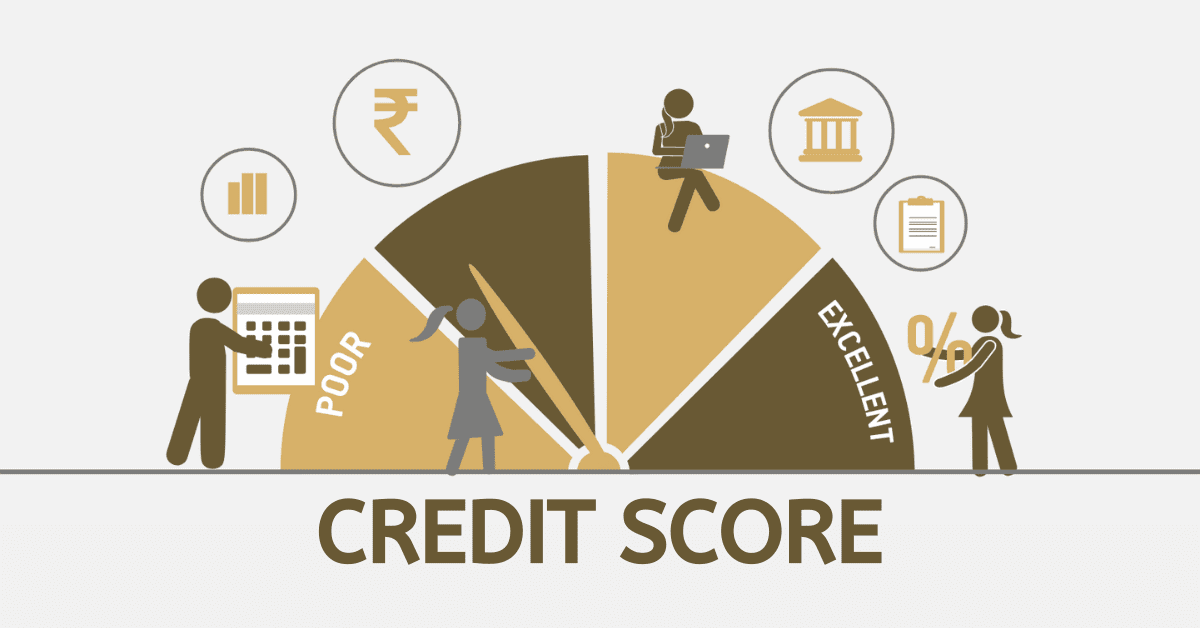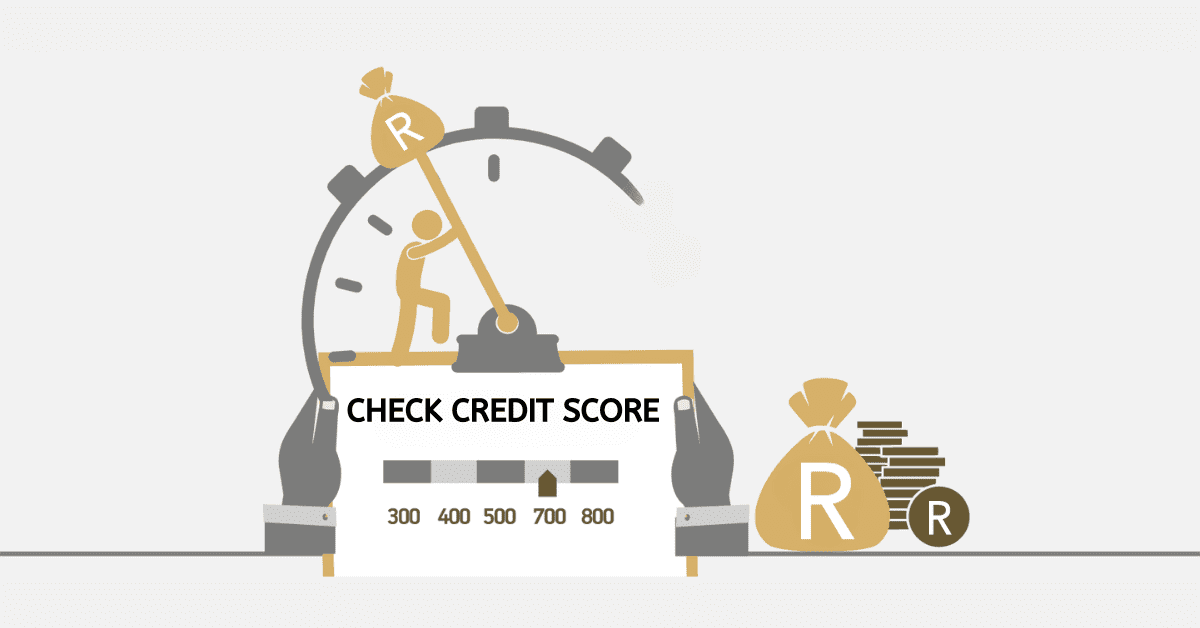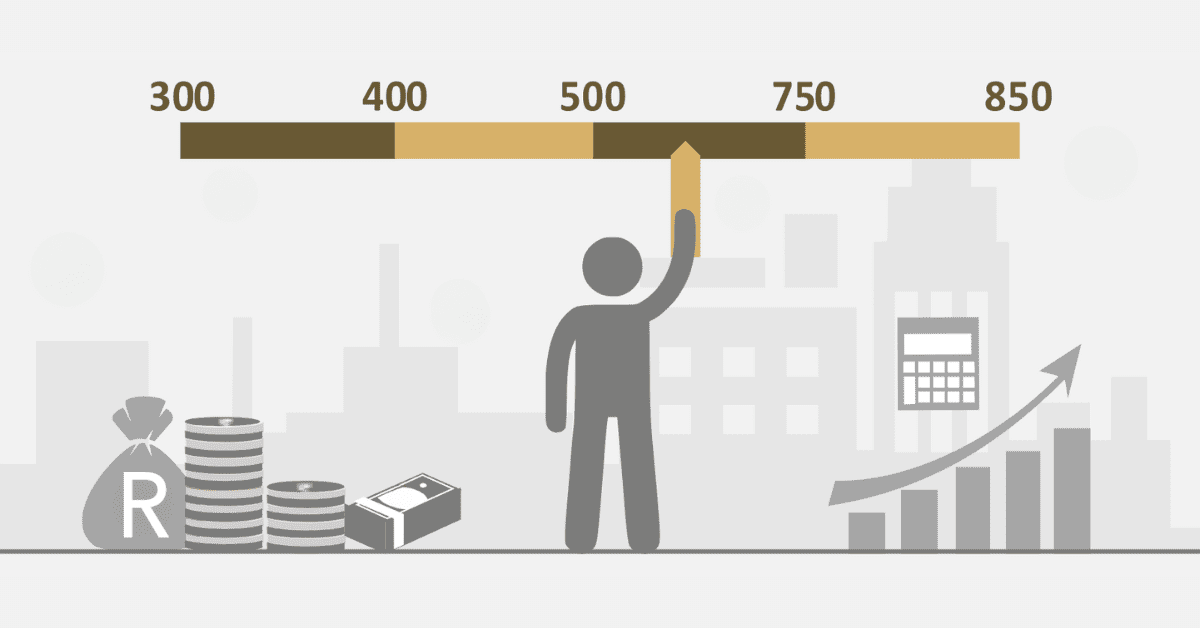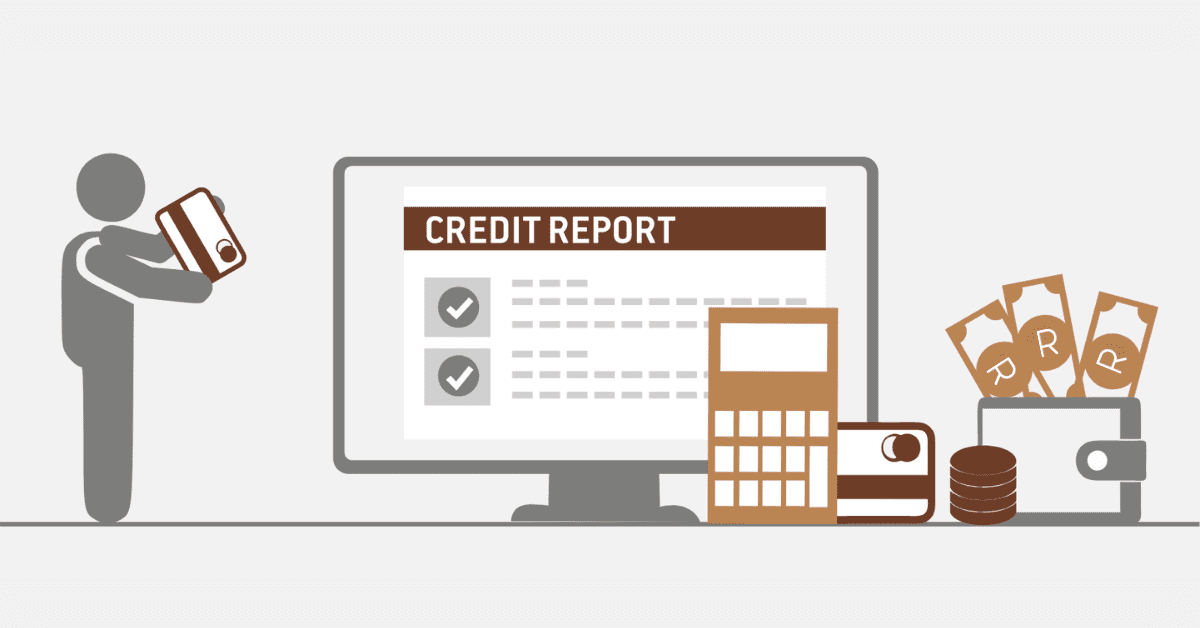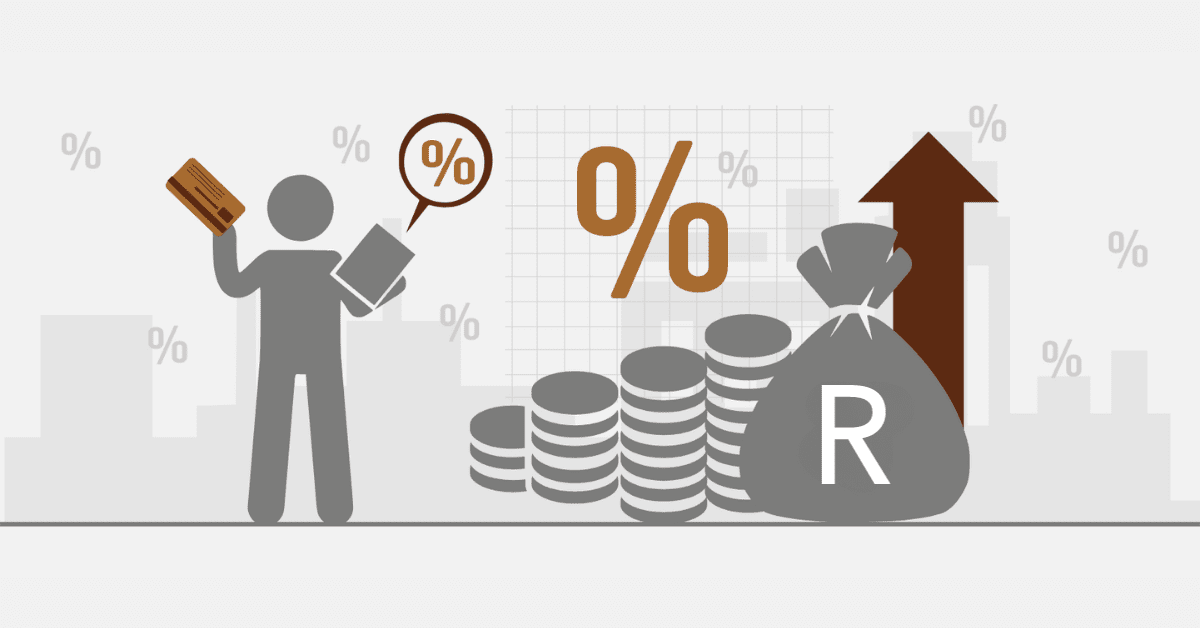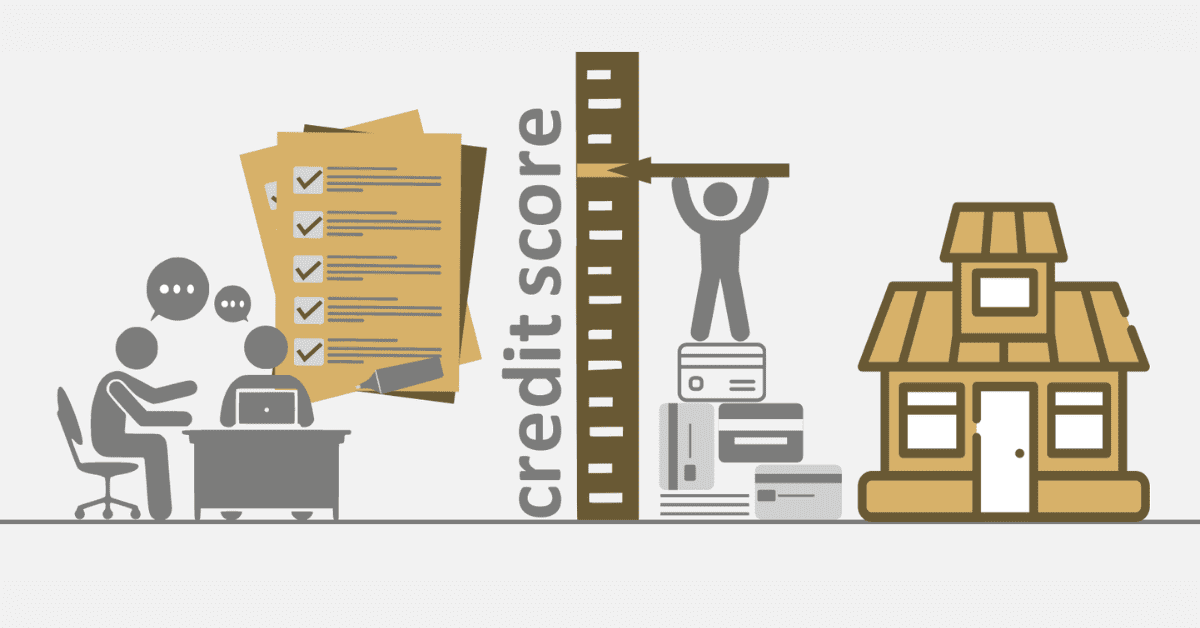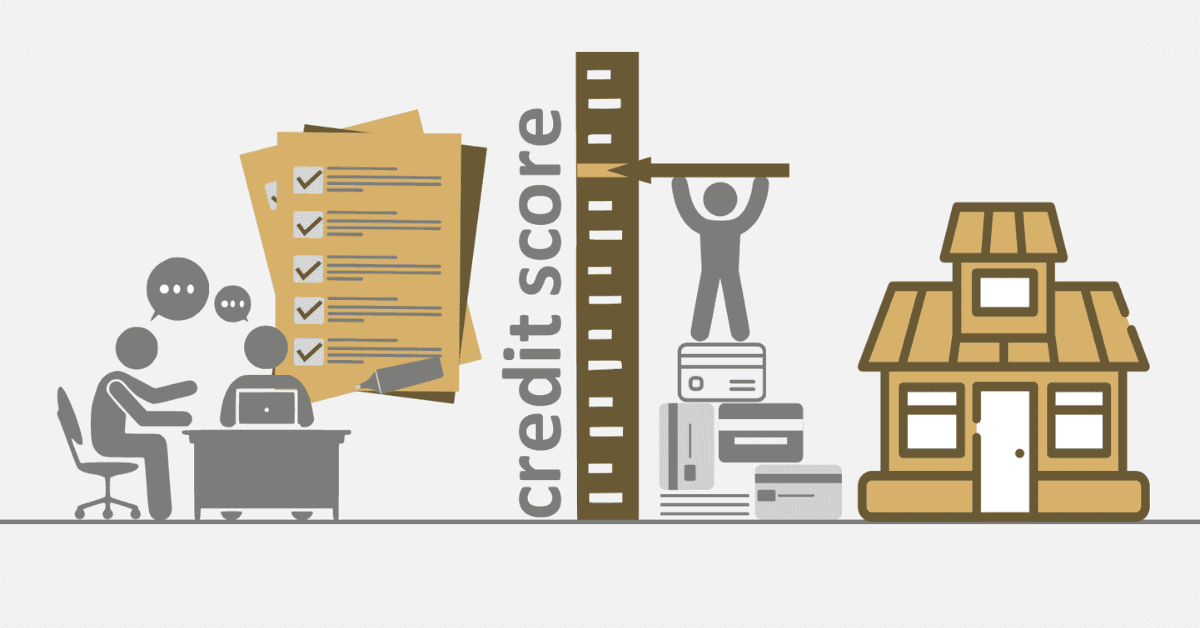When we talk about lending in South Africa, there is a lot of focus on your credit score. That score doesn’t come into being from nowhere, however! Instead, it is a rough benchmark based on a variety of factors around how you use credit. This information is collected by registered financial entities called credit bureaus. There are hundreds of different credit bureaus, some operating only locally or in specific industries, and others operating globally. You can’t check them all!
For practical purposes, most South Africans rely on the two most popular credit bureaus, which are Experian and TransUnion, to get a sense of their financial standing. This is done through a credit report, which gives more detail about the credit lines you have and how you use them. Today, we will break down the credit report in more detail, and cover everything you need to know about it.
What is a Credit Report (South Africa)?
A credit report or credit profile is a comprehensive document that showcases your credit history and financial behavior. Unlike the credit score, it isn’t a summary of how the credit bureaus weigh you in comparison to other people. Instead, it offers an in-depth look at exactly what is going on in your credit history. This includes detailed information on open credit lines you have, including how much of that credit you have used, how prompt you are with payments, and much more. It also summarizes basic details that matter to creditors, such as your legal name and place of residence.
What Are the Things Found on a Credit Report?
Your credit report is a snapshot of your journey with credit so far. It contains a variety of elements, pulled from a range of accredited financial providers, that collectively reflect your creditworthiness. As we’ve already mentioned, it gives some basic information about you, such as your full name, ID number, and contact information. Beyond these basics, the core components of a credit report are:
- Credit Accounts: A detailed listing of your credit accounts, including credit cards, loans, and retail accounts. This section outlines the status of each account, whether it is active, closed, or in arrears.
- Payment History: Your payment behavior is a critical aspect of creditworthiness for lenders. Your credit report tells them whether you make payments on time, if you have missed any, and if you have defaulted on accounts.
- Public Records: Legal information, such as judgments, defaults, and bankruptcies, is also documented on your credit report. These elements will significantly impact your credit score and overall creditworthiness. However, this doesn’t mean a credit report will double as your full criminal record! Judgments and court rulings are only recorded if they impact your financial capabilities. So a disorderly conduct judgment or traffic fine won’t impact your credit record. Failing to pay court-mandated child support, bankruptcy, or defaulting on a loan to the point where the lender needs to approach the court, will.
- Inquiries: Every time a creditor or lender requests your credit report, it is recorded. There are two types of inquiry. Soft inquiries just mean someone looked at the report, and have no impact on your credit score. Hard inquiries mean a lender looked at you with the serious intent of letting you take a credit line, and these will have a small negative impact on your credit score. Multiple hard inquiries within a short period are viewed as a red flag. It is typically a sign that you are ‘shopping’ for credit. This could mean you are desperate, or it could mean you aren’t serious about taking up the loan. Either way, lenders won’t like it.
Do Credit Reports Show All Debt?
In theory at least, yes, credit reports show all your debt. That’s the whole point! However, the credit bureaus are not infallible, nor are the organizations that report your data. Additionally, there are sometimes delays in reporting that data to the bureaus, or the lender only reports to some of them. So a debt may not show at the time you or a lender look at the credit report, but will show up later. Or it may have been missed. It’s best not to rely on that as a credit-finding strategy, however!
Typically, the credit bureaus are very vigilant about the biggest loan categories. So mortgages, personal loans, and credit cards will rarely be under-reported. However, some other obligations that can show on credit reports, like utility bills and rental payments, aren’t shown on all reports and may be skipped.
How Long Does Debt Stay on Your Credit Report in South Africa?
The good news is that debt isn’t forever, even if it feels like it! You can rehabilitate a bad credit report by consistent good credit management over time. Additionally, debt will eventually ‘expire’ off of your report, even the worst stuff. In South Africa, most normal debt will stay on your credit report for up to a year. Defaults and similar serious issues will be reflected for 2 years. Court judgments and major issues like bankruptcy will stay on your credit report for 5 years.
What Will Not Appear on a Credit Report?
Credit reports exist to offer lenders a comprehensive view of your financial standing. So only financially-relevant information will appear on your credit report. Criminal records, medical history, and private debt not taken through a registered financial services provider will not appear. Additionally, credit reports only cover financial aspects related to the use of credit. So things like your salary, assets, and cash in the bank will not show.
Now you understand your credit report properly, you can take steps to improve your credit history and boost your credit score. Unless you already have a great one, of course! In which case, it is time to enjoy the fruits of your diligent credit history. Have fun!
